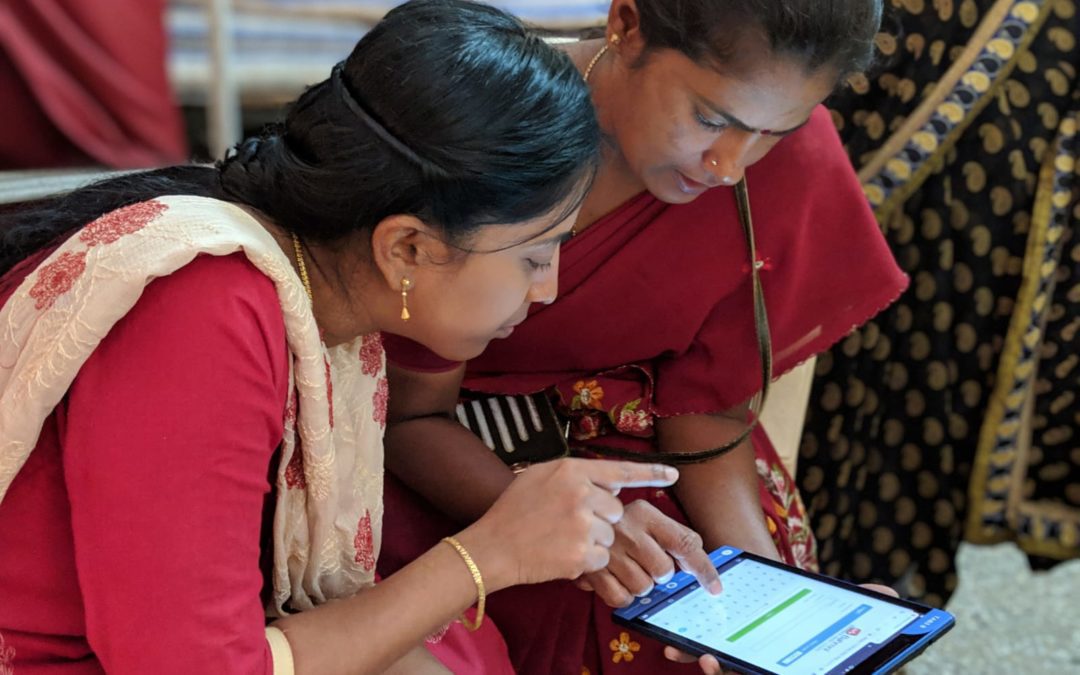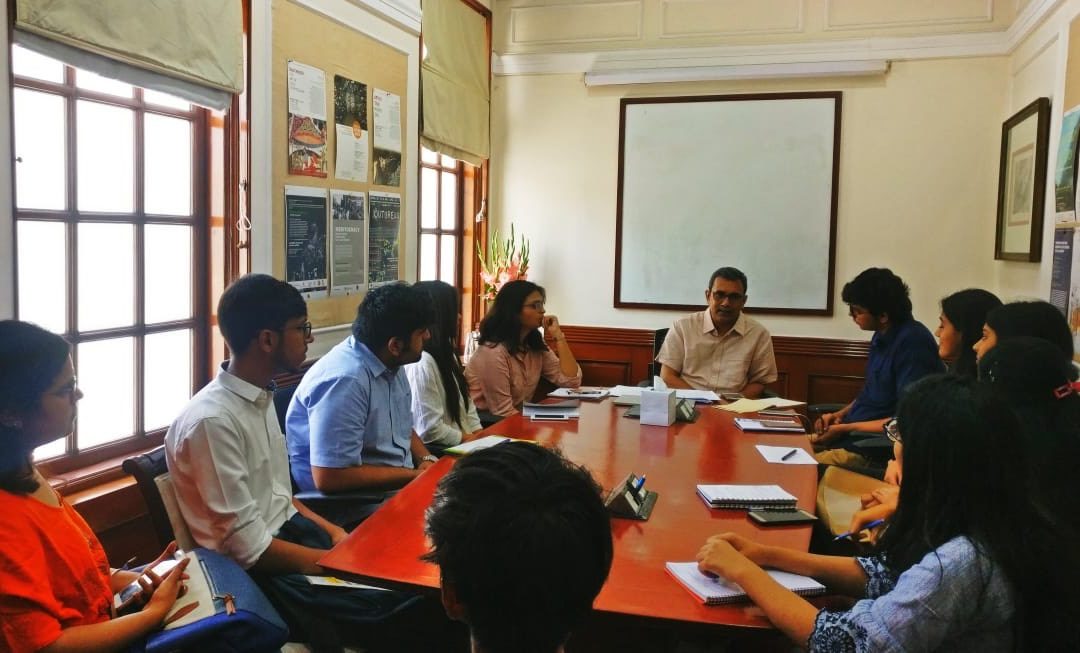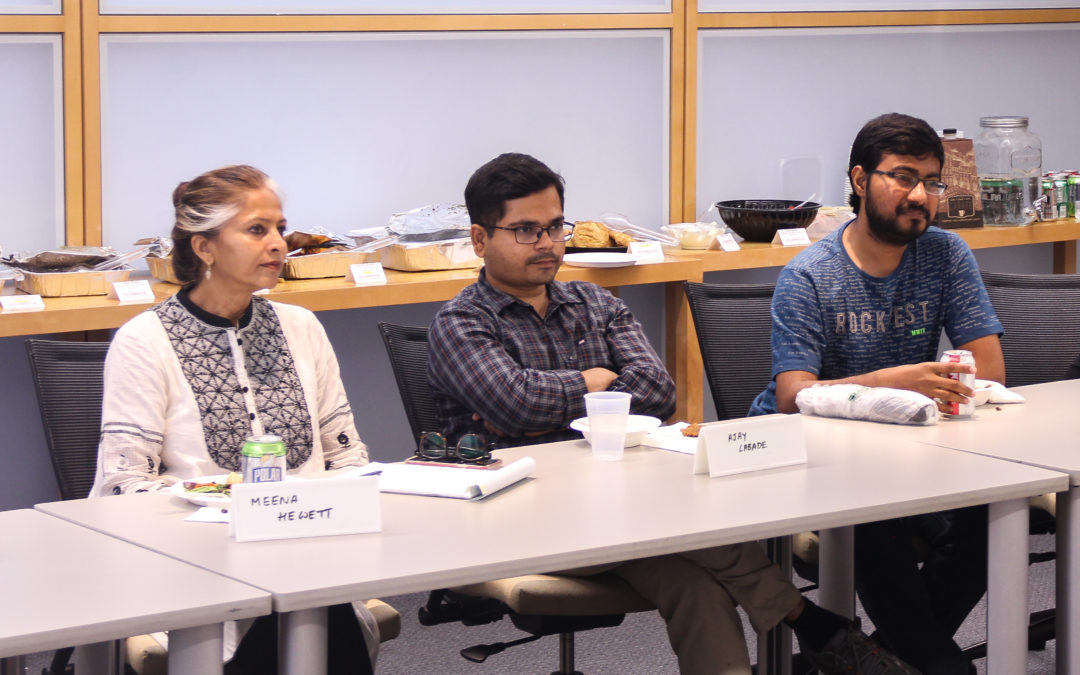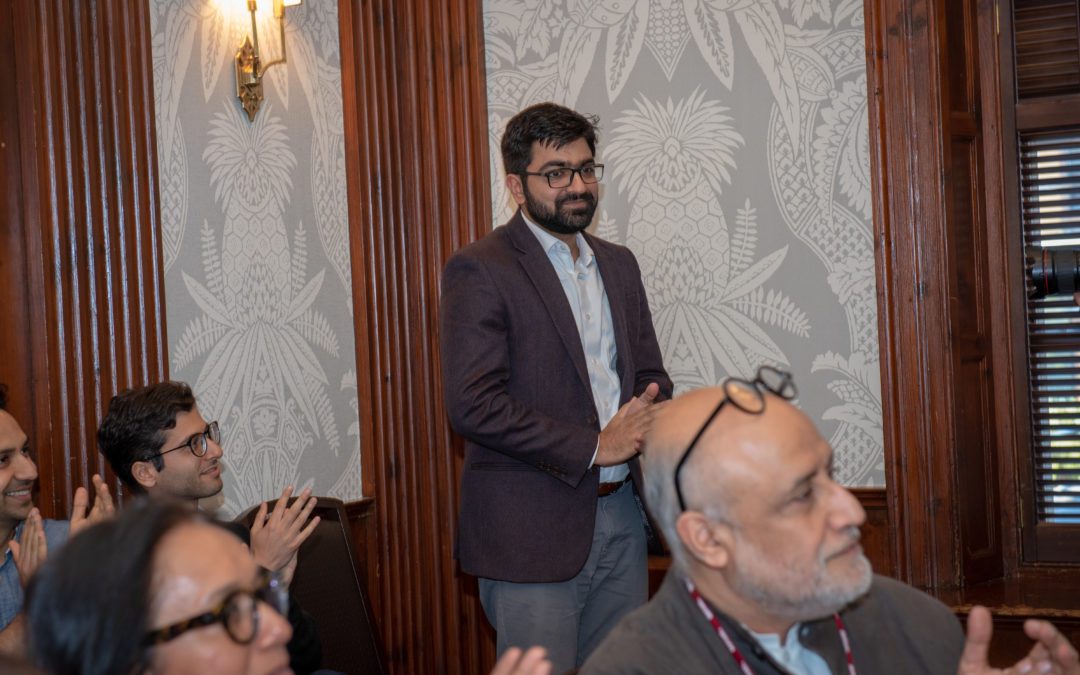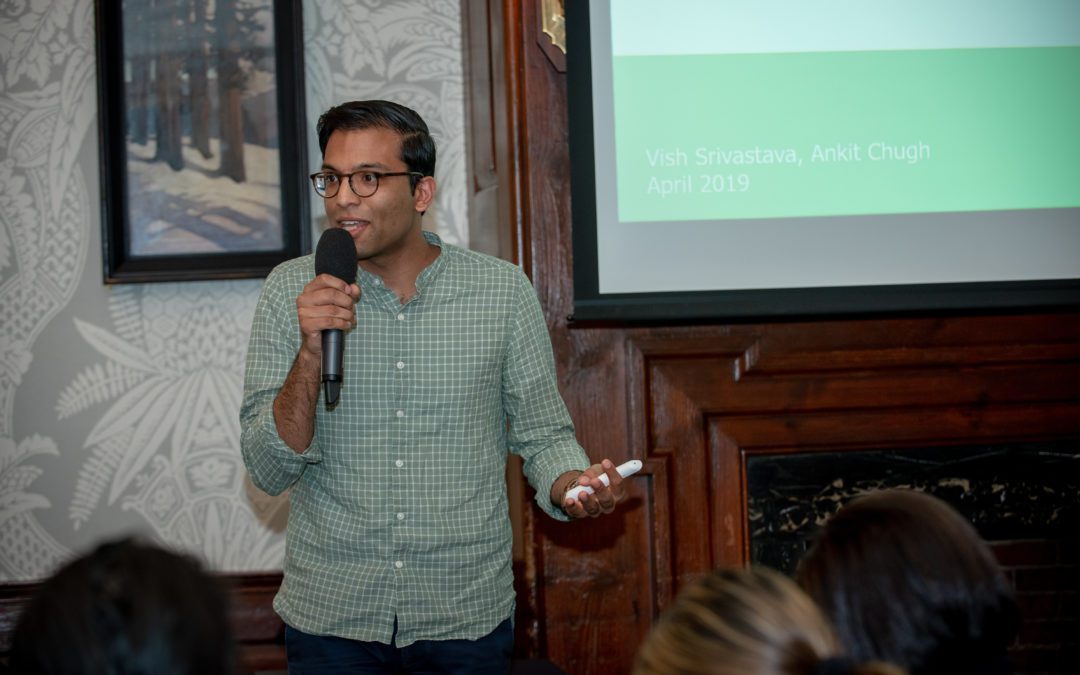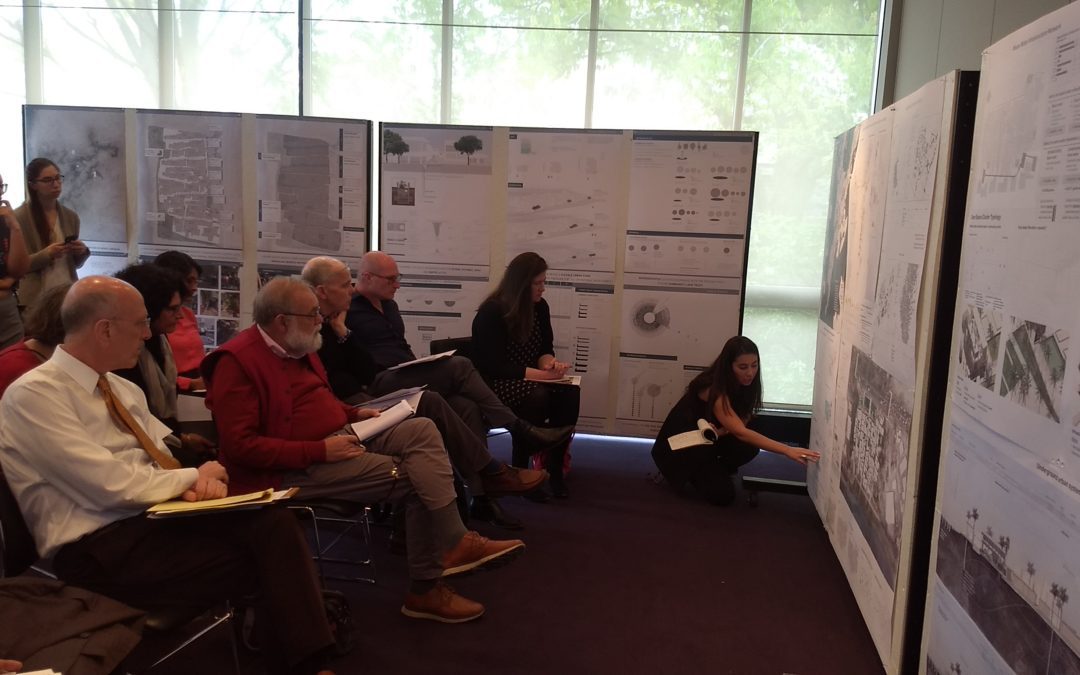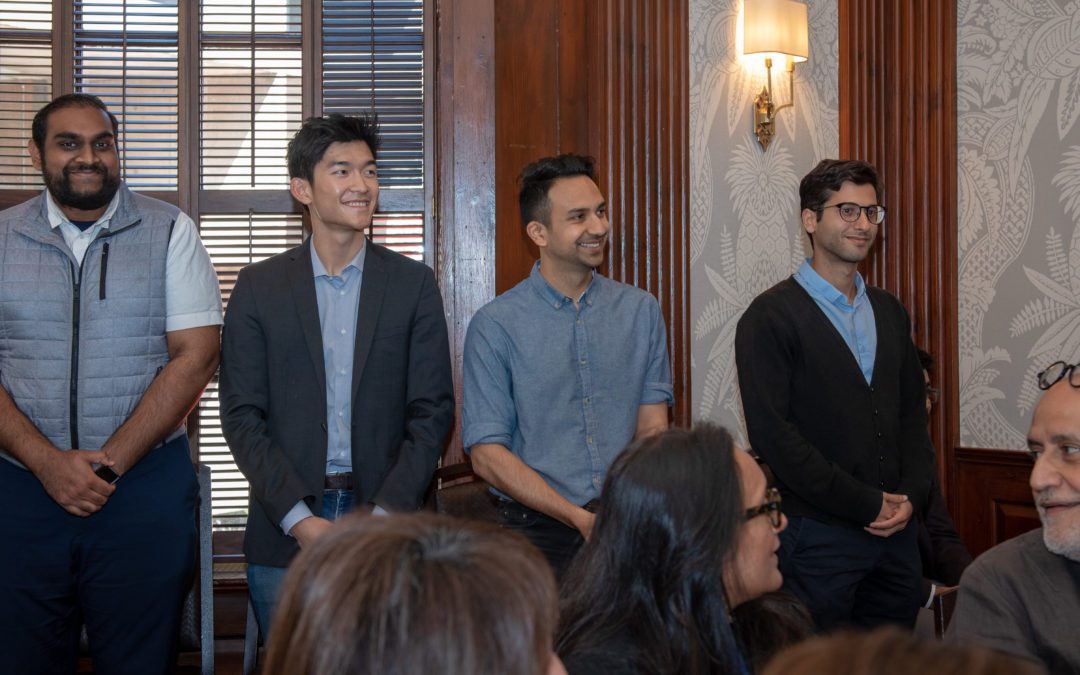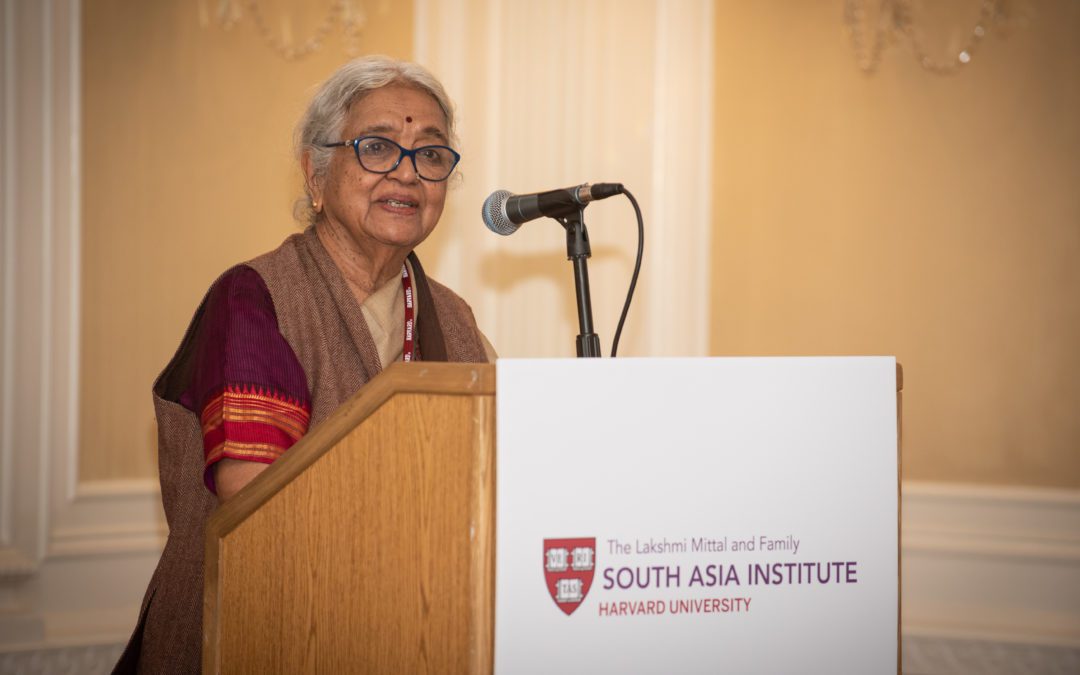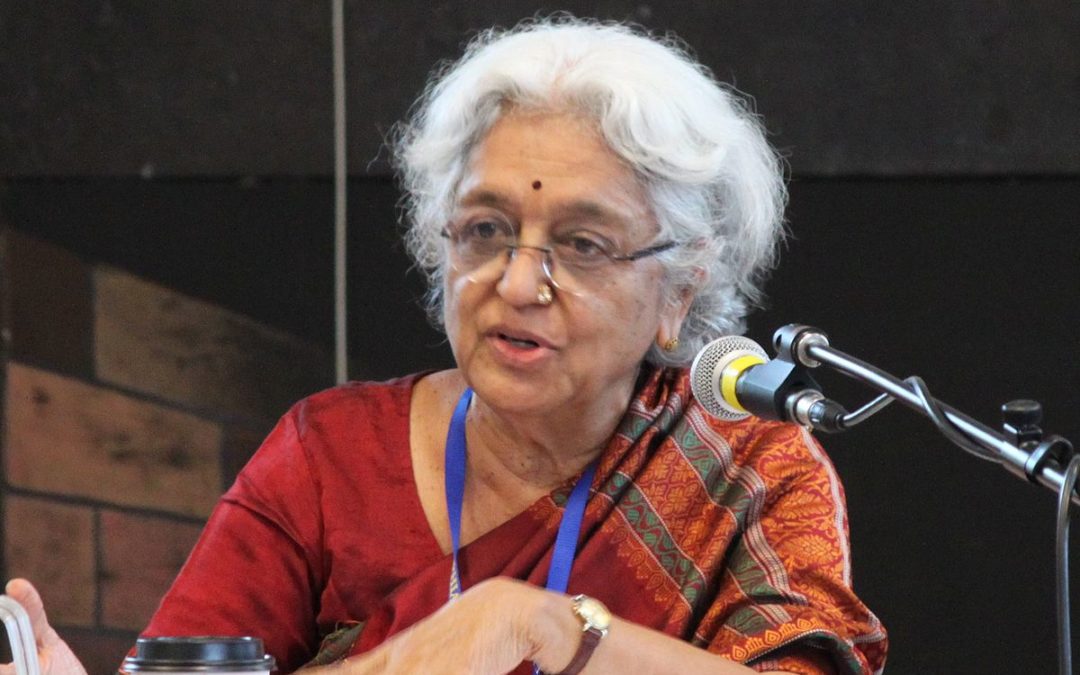Can Water Filtration Systems End Fluorosis in Rural India?

Until recently, Jhabua — a district in the western part of Madhya Pradesh — was largely a tribal area. But despite its recent development, village communities in the area still lack access to basic resources, such as education, proper nutrition, and clean drinking water. In these communities, excess fluoride in the water has caused skeletal and dental fluorosis, which, at their most severe, can result in stunted, abnormal growth, and damaged joints and bones.
